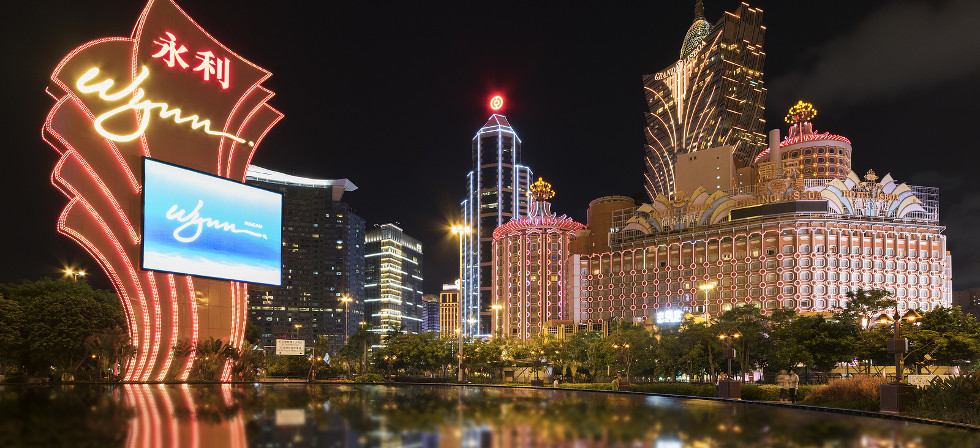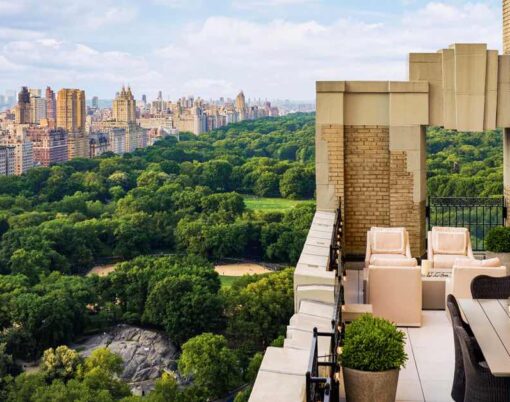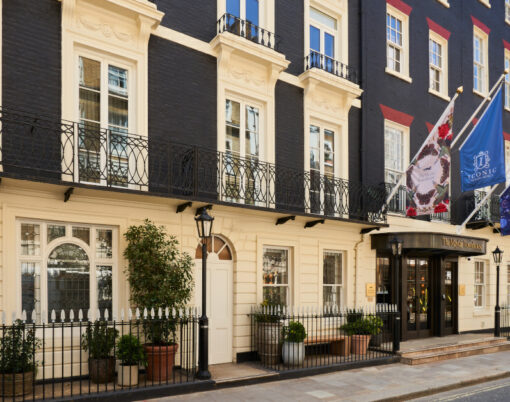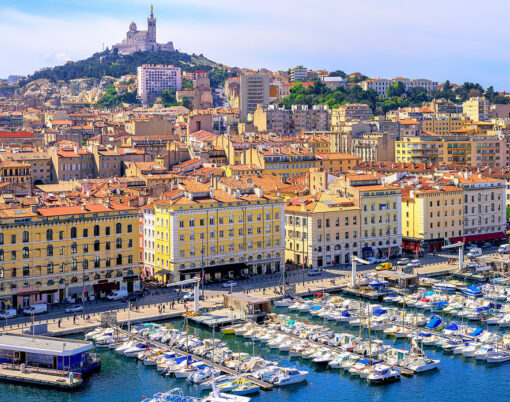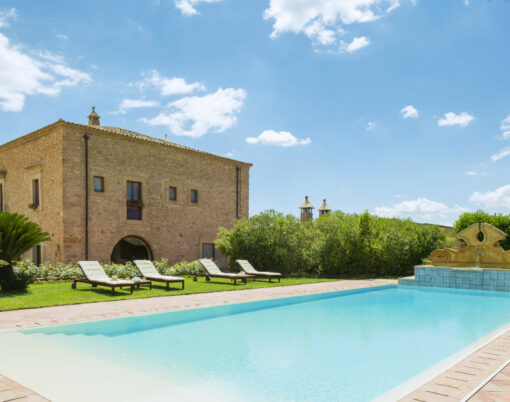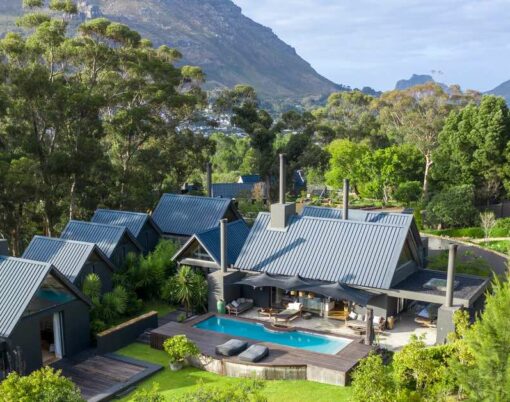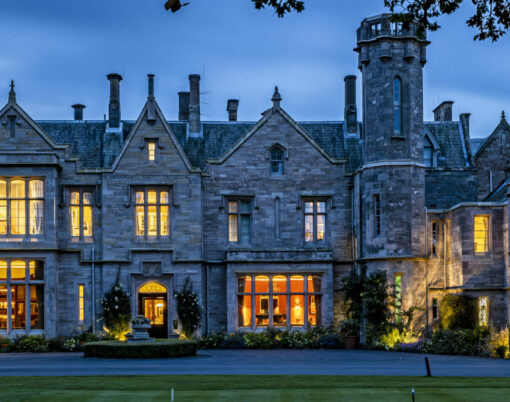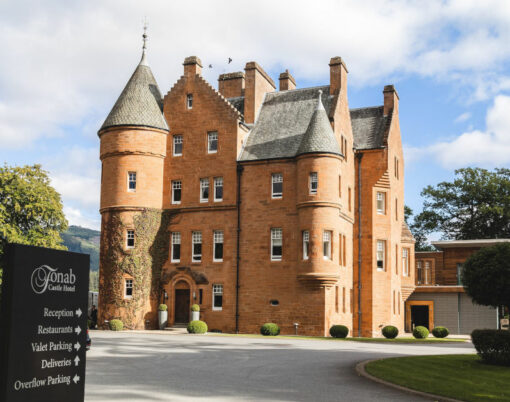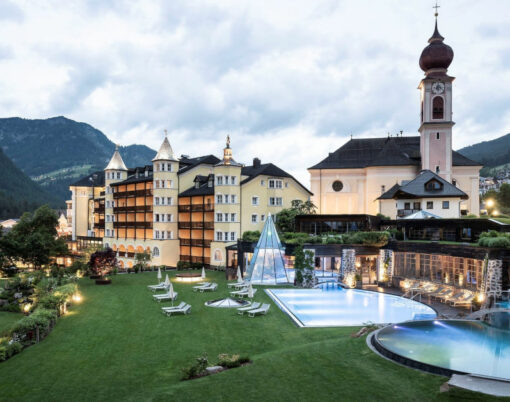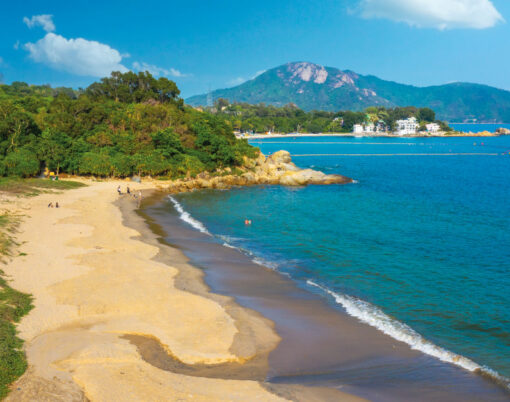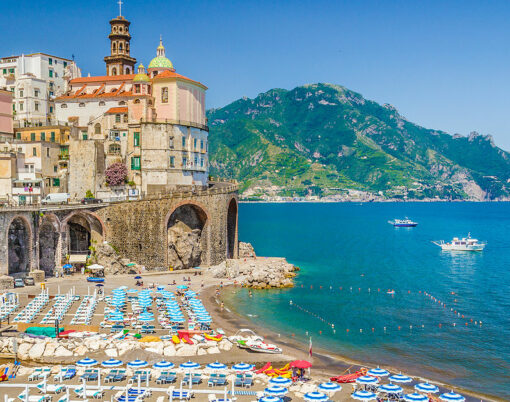As the peak of summer approaches, many Brits are in the throes of booking a last-minute holiday. There are many elements to consider when choosing a place to spend your hard-earned holiday – flights, facilities, culture and, of course, the weather. In recent years, though, one element has grown in stature to fuel a tourism boom of its own – the high-end casino.
Whether the lure of the casino as a holiday destination began simply as a result of the notable success of gambling hotspots like Las Vegas or Macau, or whether it has been fuelled by the online casino boom, is not entirely clear. One thing is for sure, though, the relatively recent advent of the high-end casino is combining the luxury of the five-star hotel resort with the irresistible decadence of a night at the roulette wheel. The effects, from a tourism perspective, are striking.
It isn’t just the obvious gamblers’ destinations where you can see this in action. We don’t have to reference the usual suspects – Las Vegas, Atlantic City, even Macau or Singapore, to spot casino tourism in practice. Take Australia as an example. One of the world’s more popular destinations for golden sands and laid-back living is making money from casino tourism hand-over-fist.
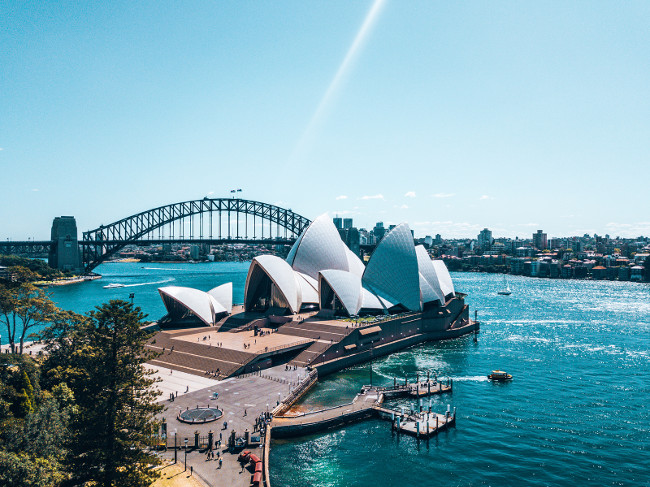
Australia has benefited from a rather unique situation at play, and, to use casino parlance, cashed in its chips at the right time. When gambling rules in Macau, the destination of choice for Chinese gambling tourists, were made more stringent, many of the Chinese casino-hunters began to choose the Land Down Under for their excursions.
The result of this, according to figures from casino.org, is that more than one million Chinese gambling tourists flock to Australia per year – overtaking the island nation’s neighbour New Zealand, for annual visitors. According to the same organisation, casinos are the number one tourism attraction in Australia – overtaking iconic attractions like the Sydney Opera House and the Great Barrier Reef in the process. A staggering statistic.
If you consider the impact of casino tourism on a first-world country with plenty of Western culture to rely on like Australia, you begin to understand just how powerful the lure of a high-end casino can be for the local economy. It is no surprise, then, that Cambodia, a nation that, although beautiful, is not blessed with an Opera House or a Barrier Reef, bought into casino culture once the signs were positive.
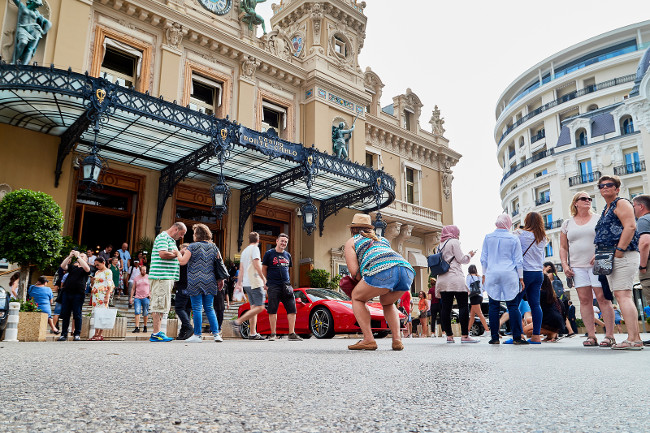
The coastal province of Sihanoukville is perhaps the most recent, and stark, example of an economy transformed by the allure and infrastructure that casino tourism brings. Historically a maritime township, the province has seen in influx of Chinese cash funding rapid development of casinos and luxury condominium complexes around Cambodia’s only deep-water port. In 2017, it is estimated that $1.3bn has been invested into the town – and tourism is rapidly overtaking port and manufacturing activity as the city’s primary economy.
Of course, the introduction of these new gambling hotspots would not have been considered viable without initial case studies, like Monte Carlo, to make a business case from. The elite destination, located in the principality of Monaco, turned casino tourism into an art long before places like Sihanoukville cottoned on.
A paradise for the business and fashion elite, Monaco wears its affluence and exclusivity like a badge of honour. Not only do several of the world’s biggest names call Monaco home, like tennis number one Novak Djokovic, U2 frontman Bono and F1 driver Lewis Hamilton, but it also plays host to some of the world’s most iconic events. Formula One’s prestigious Monaco Grand Prix takes place there annually, alongside the Monte Carlo tennis masters. All of this, though, was arguably built on the cachet of Monaco’s reputation for hosting fast cars and Europe’s most exclusive gambling houses.
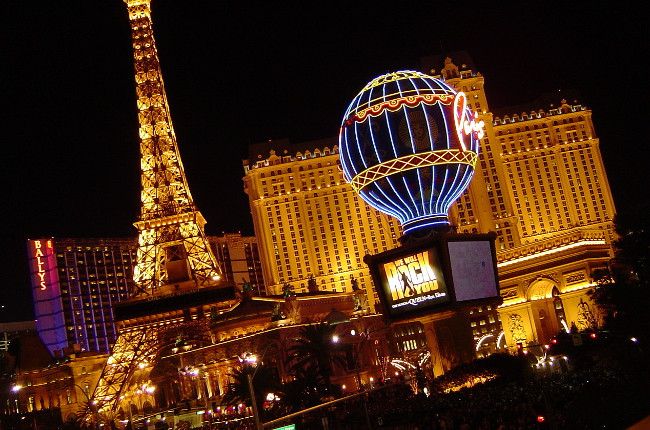
If you like, Monte Carlo served as the template for the high-end casino getaway. Not only does it offer gamblers the means to go full-tilt and get rich quick, but, unlike places like Las Vegas, it also serves as the exact sort of place where a rich person might want to live after they had won it all at the roulette table.
Whether the boom in high-end casino development can be sustained remains to be seen. Whatever happens, though, live casino tourism is here to stay. Do you want to go to the beach on your holidays, or to the blackjack table? In this day and age, why not both?
Image credit at the very top of the article credit: LeeYiuTung/Bigstock.com
Please gamble responsibly (18+ UK) – check age restrictions before participating












